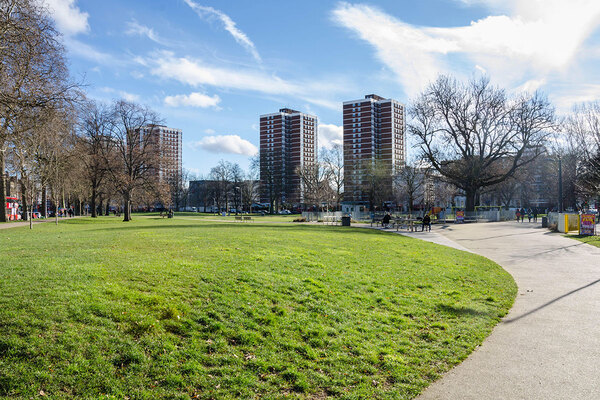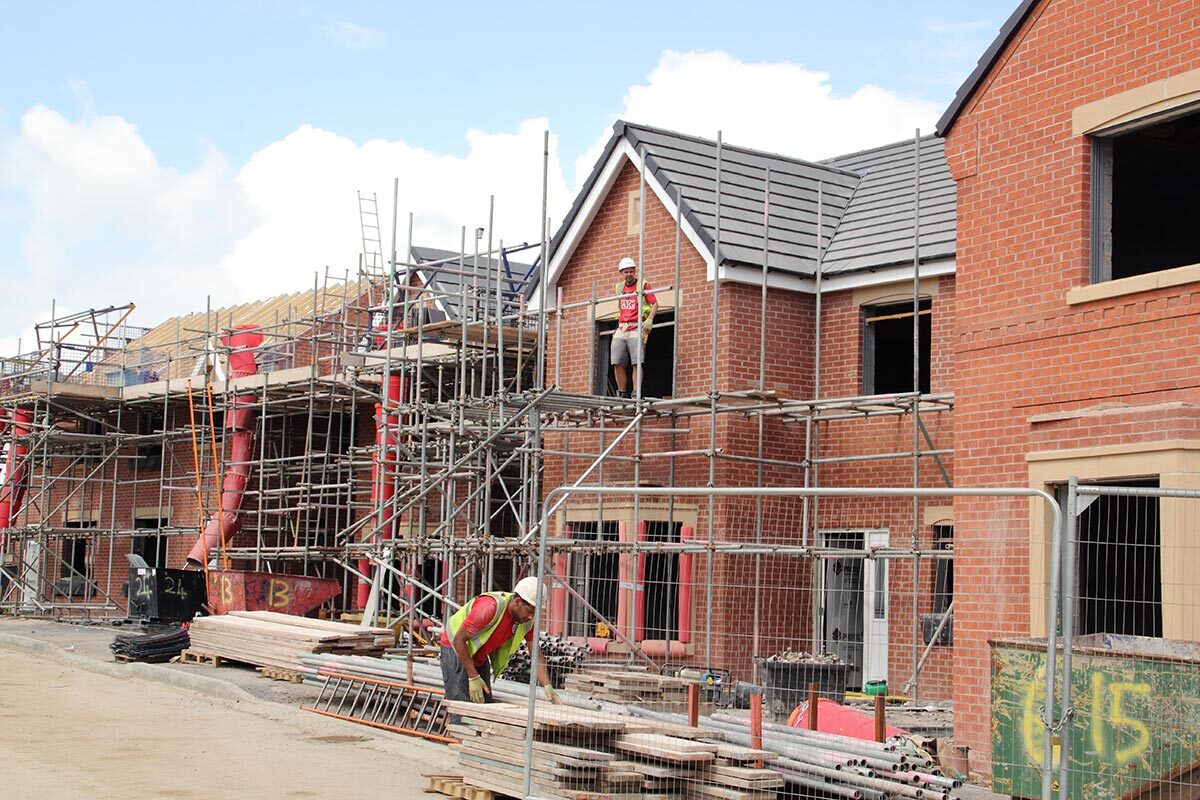You are viewing 1 of your 1 free articles
Specialist women’s housing association targets financial improvement after results show negative interest cover
A specialist provider of affordable homes for women and gender-specific support services is hoping to improve its financial position, after returning consecutive annual reports of negative interest cover.
Housing for Women recorded an interest cover ratio of -195% and -114% in the previous year, according to its latest accounts, which cover the 12 months to September 2021.
Interest cover is a measure of the ability of a business to pay its debts. It involves dividing the company’s earnings by the amount of interest due to be paid in a given period. A lower ratio suggests it may struggle to meet its commitments and this can deter lenders from providing further finance.
Housing for Women maintained that the negative ratio was the result of a need to address underinvestment in its homes in previous years.
The ratio is calculated using the association’s earnings before interest, tax, depreciation and amortisation – major repairs included (EBITDA-MRI), which is effectively a measure of the ability of a business to generate cash, excluding sales of existing assets.
By comparison, the G320 benchmarking figure for landlords with fewer than 1,000 homes shows a median EBITDA-MRI figure of 356.4% – meaning they are earning 3.5 times the interest due.
Housing for Women said it continued to work within its board’s policy to keep rents at affordable social levels, which drove a lower operating margin when compared with its peers.
Overall turnover for the same financial period fell slightly to £7.88m.
The landlord secured £10m in funding in January this year, with a fixed rate until 2047. This will increase its interest burden, but was described as “necessary” as it navigated an “uncertain economic environment”.
Housing for Women has been providing affordable homes and support in London for women and children escaping domestic violence and abuse for over 40 years.
Alongside a negative cover ratio, the landlord’s latest accounts highlighted a number of other concerns: the remediation of a development scheme, void losses and the retention and recruitment of staff.
The landlord’s operational review shows a plan to reoccupy and remediate the scheme in Childers Street, Deptford after a significant fire in May 2020.
There was no loss of life in the incident, but a waking watch has been put in place “to support resident safety and provide additional reassurance”.
A continuing concern for the scheme is the extent to which the work is not covered by insurance or other claims.
The accounts show the landlord expects its existing loan covenants to remain unaffected by the financial impact of the remediation plans. It told Inside Housing that it was working with all key stakeholders and consultants to progress both the works and claims for costs with a risk-managed approach.
Void losses across both general needs and supported housing stood at £255,000 for 2020/21, up from £136,000 the previous year. The landlord said this was mainly down to accommodation type or the availability of nominations, and a number of voids were unable to be tenanted because of COVID-19.
Housing for Women said: “A negative EBITDA-MRI occurs when an organisation is investing more in revenue and capitalised costs within a period than it is receiving through its sources of income.
“In respect of 2020/21 and wishing to continue to address past underinvestment, Housing for Women’s board considered the investment needed in our tenants’ homes in respect of both revenue and capitalised repairs including increased property compliance.
“They authorised significant capital investment within an approach of active asset management over the short to medium term. Our low gearing in comparison with our sector peers, due to underborrowing in the past, enabled us to secure funding for this significant and important investment.”
The landlord said it had also experienced considerable expenditure in respect of its responsive repairs in an attempt to catch up on works delayed through the COVID-19 pandemic.
To help address this issue, the landlord has appointed a new repairs contractor that it hopes will improve value for money and customer satisfaction.
Housing for Women said it was satisfied that it had adequate resources to continue operating for the foreseeable future and had supportive lenders, alongside regular stress-testing on its financial plan.
Susan Kane, chair of Housing for Women’s board, said: “The board has recently considered and approved its new five-year corporate plan and associated 30-year financial plan, informed by our recent stock-condition survey and continuing with our active asset management.
“Under this plan, the EBITDA-MRI is forecast to return to positive within the next five to six years.”
The accounts for the year to September 2022 are due to be published in July.
Sign up for our development and finance newsletter
Already have an account? Click here to manage your newsletters
Sign up to the Social Housing Finance Conference 2023
Join us at the Social Housing Finance Conference, recognised as the longest-standing UK-wide, one-day event of its kind. It brings together over 350 sector leaders, and senior finance and treasury professionals from housing associations and local authorities to discuss the strategic, operational and technical finance matters of most importance.
Click here to find out more and book your delegate pass.













